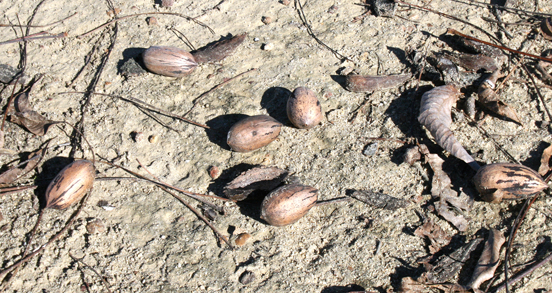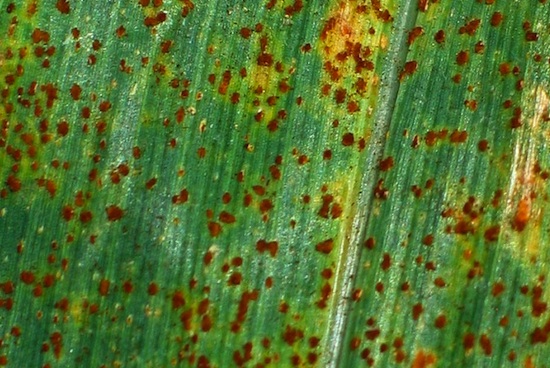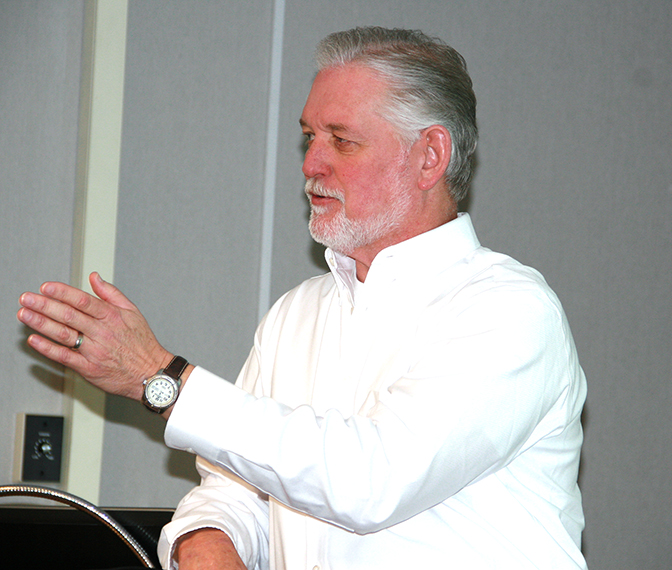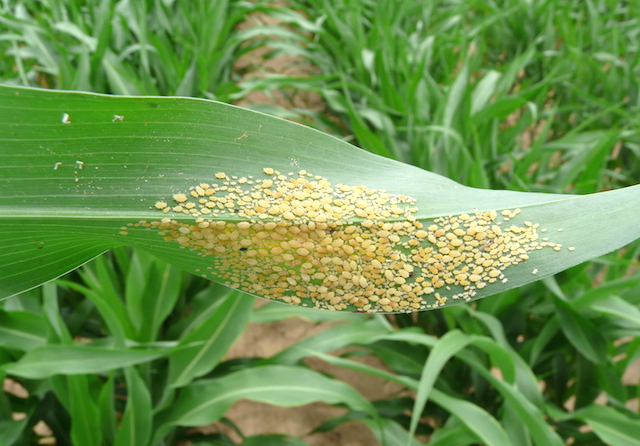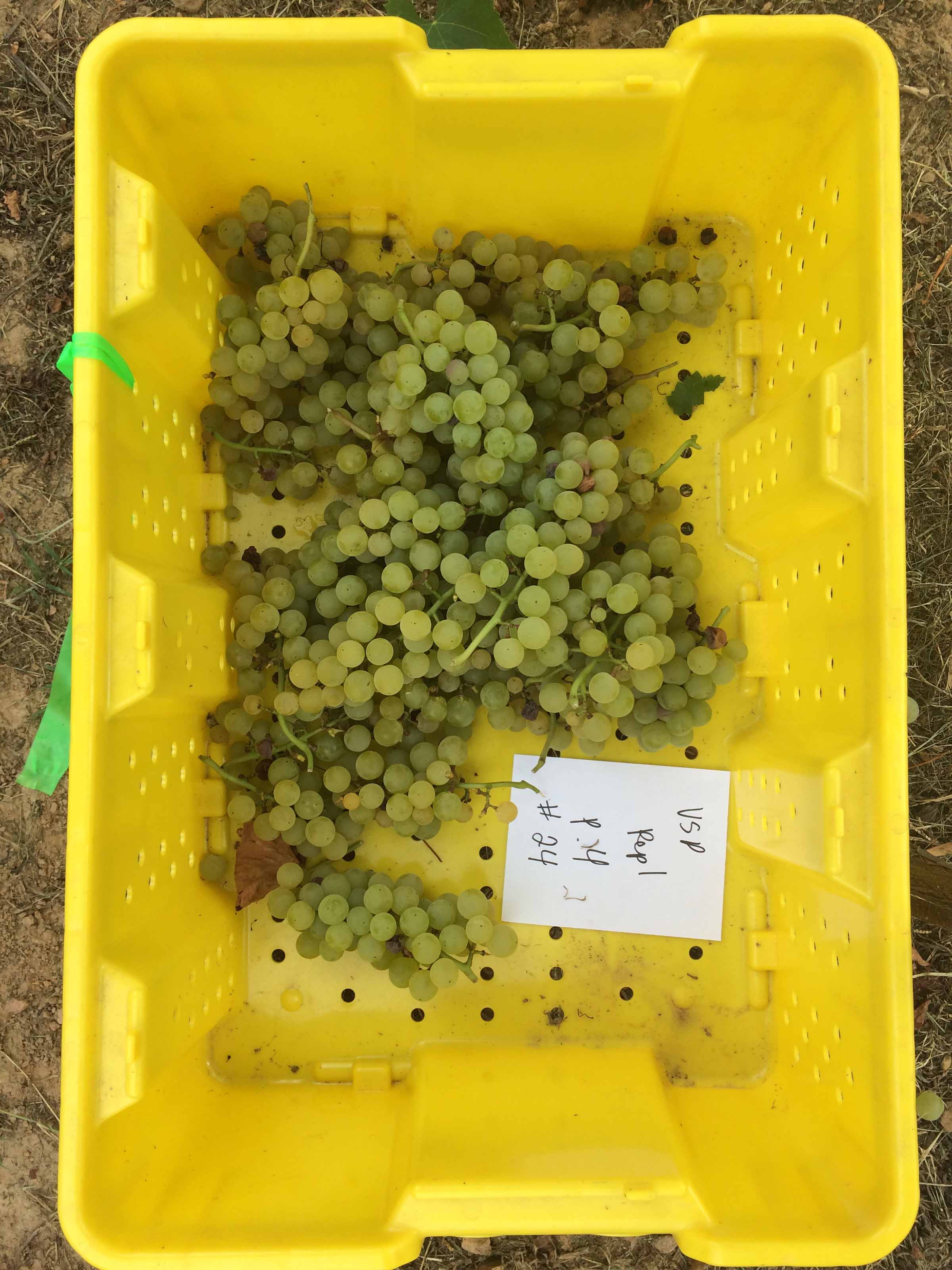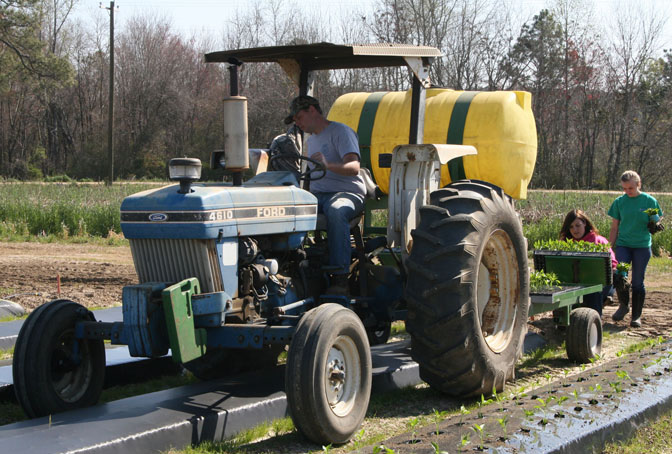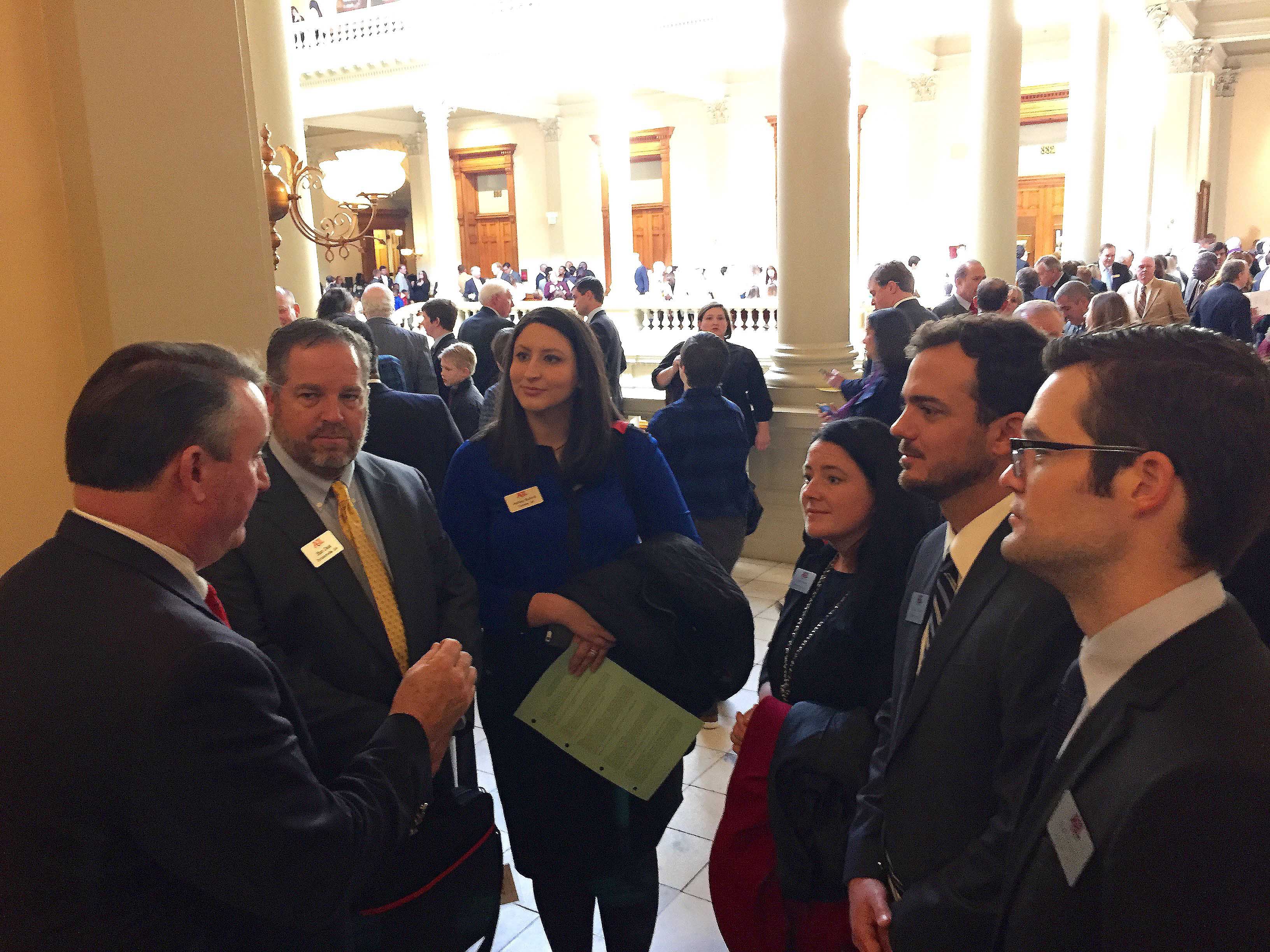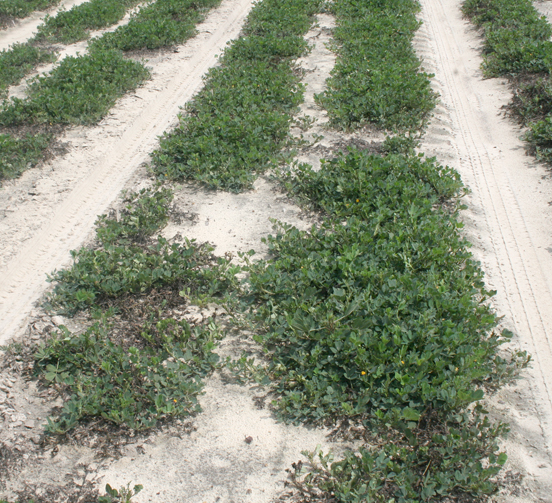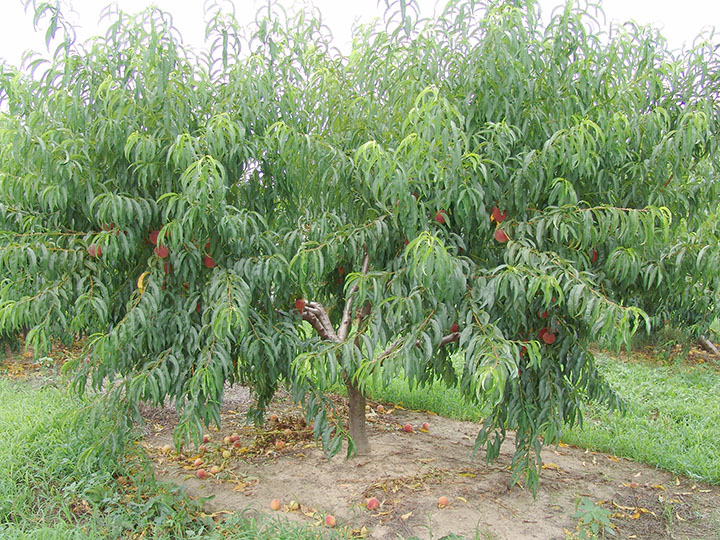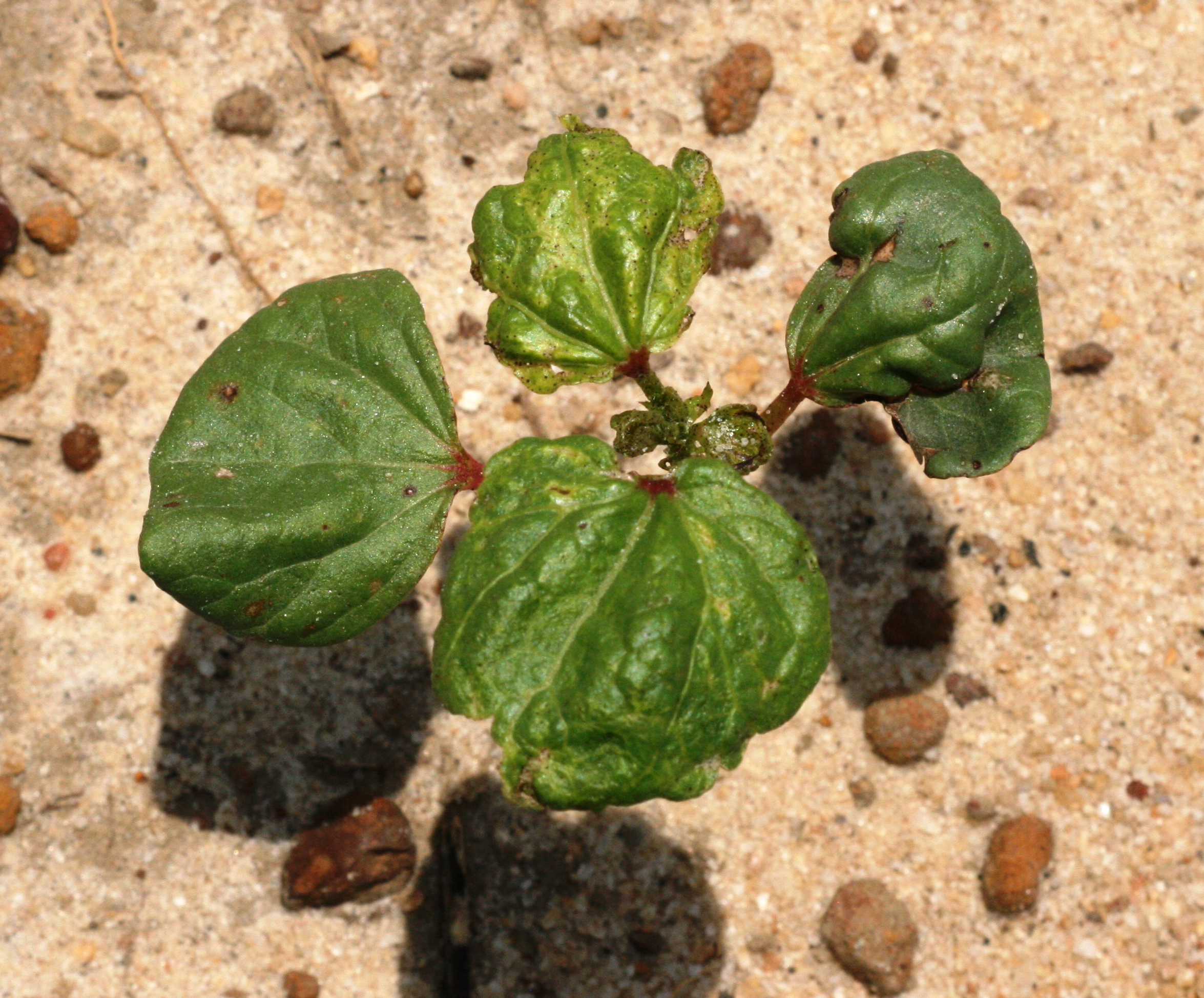 CAES News
CAES News
Thrips Management
In an effort to combat the threat of thrips infestations in cotton, University of Georgia Cooperative Extension cotton entomologist Phillip Roberts encourages Georgia growers to be proactive with insecticide application in planting this spring. Failure to apply an insecticide treatment at planting leaves cotton plants vulnerable to increased thrips pressure, which could impact growth.

